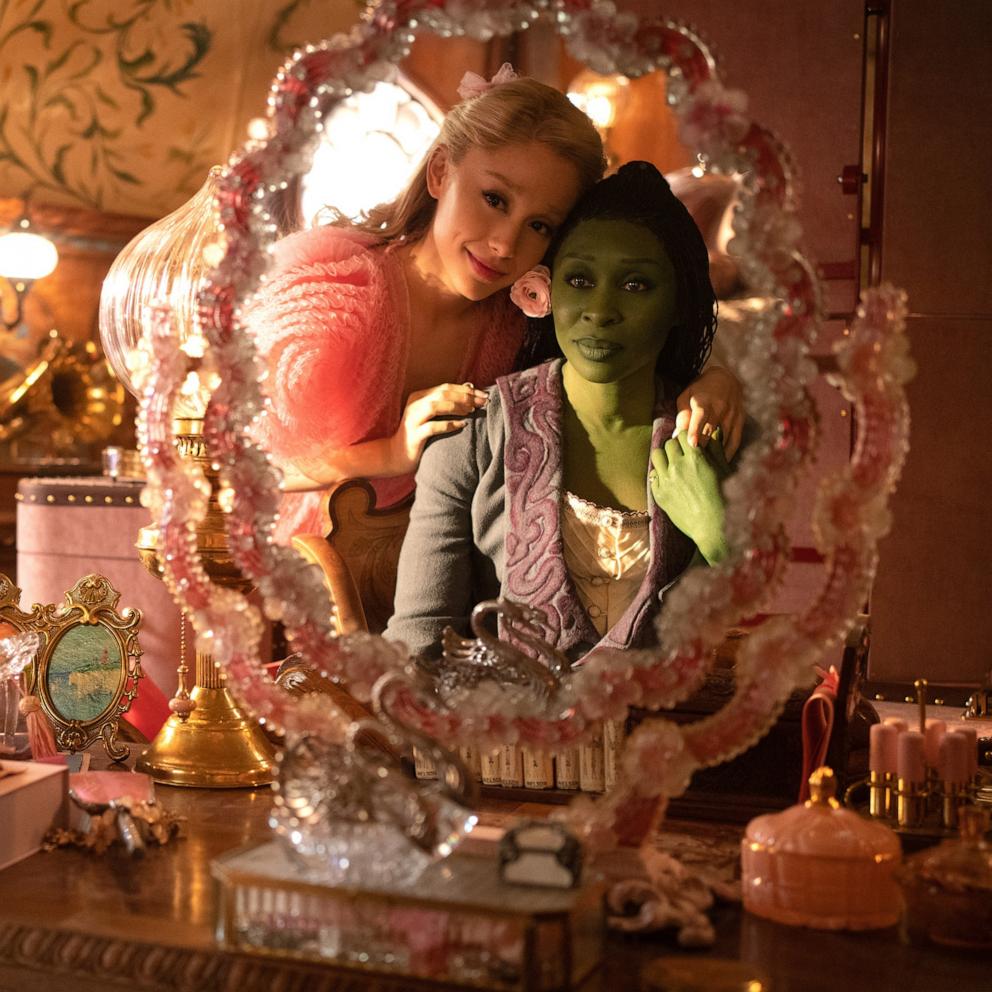'Parallel Mothers' review: An emotional powerhouse that should earn Penelope Cruz an Oscar nod
The beauty of Penélope Cruz has often blinded audiences to her prodigious gifts as an actress. But her friend and frequent director, Pedro Almodóvar, knows that Spain's supernova is more than capable of creating a character's turbulent inner life. And in "Parallel Mothers," now in theaters, Cruz is at her blazing best.
Note to the Academy: Make sure a best actress nomination happens for Cruz as Janis, a Madrid-based photographer flirting with 40 and coping with an unplanned pregnancy. Since her lover, Arturo (Israel Elejalde), is married, Janis decides to have the baby on her own. Named for rocker Janis Joplin by her late mother, Janis leaves no doubt that she is up to the job.
That is not the case for Ana (the extraordinary Milena Smit), a fragile teenager Janis meets and bonds with at the hospital maternity ward. Ana, for reasons the script will slowly tease out, is traumatized at the prospect of a child and then having to care for it.
If you think that sounds like a recipe for a lurid soap opera -- especially when Janis and Ana deliver baby girls who are mistakenly switched at birth -- you don't know Almodóvar. In films as diverse as "All About My Mother," "Talk to Her" and "Pain and Glory," the writer-director never lets soap suds clog his searching exploration of the secret places in the heart.
Even better, the plot has enough twists to cause whiplash. And I won't spoil them here. But Janis leans in to share maternal responsibilities with Ana, whose mother, Teresa (the superb Aitana Sánchez-Gijón), can't or won't rise above the demands of her acting career.
Janis exudes self-reliance, even when it means taking fashion photos of belts and shoes to support her baby instead of digging deeper with investigative photojournalism. But one day, along with Arturo, the father of her baby and a forensic anthropologist, Janis tackles a project crucial to both of them.
Janis has petitioned to open a mass grave holding the remains of her great-grandfather and several other men from her home village, all executed under the regime of dictator Francisco Franco in July 1936, during the early days of the Spanish Civil War.

Franco's reign of terror has never figured overtly in an Almodóvar film. But in "Parallel Mothers" the political blends with the personal to illustrate the hold of the past on a troubled present filled with loss, betrayal and shocking revelations. In a film of absent men, it's the women who lead the way to healing.
All of this can be read through the face, voice and gestures of Cruz, who gives the performance of her career in a role that has already won her best actress prizes at the Venice Film Festival and from the Los Angeles Film Critics. Cruz is so alive, she practically jumps off the screen.
"Parallel Mothers" pulls you in with the suspenseful jangle of the score by Alberto Iglesias to embrace a female strength that has always been an Almodóvar specialty. There is no director more attuned to the mesmerizing mysteries of women. And in "Parallel Mothers," Cruz and her director breathe as one -- the stirring result an emotional powerhouse.







